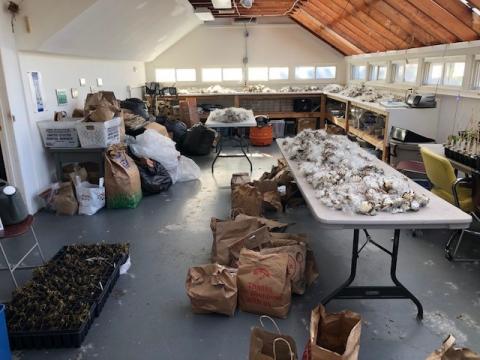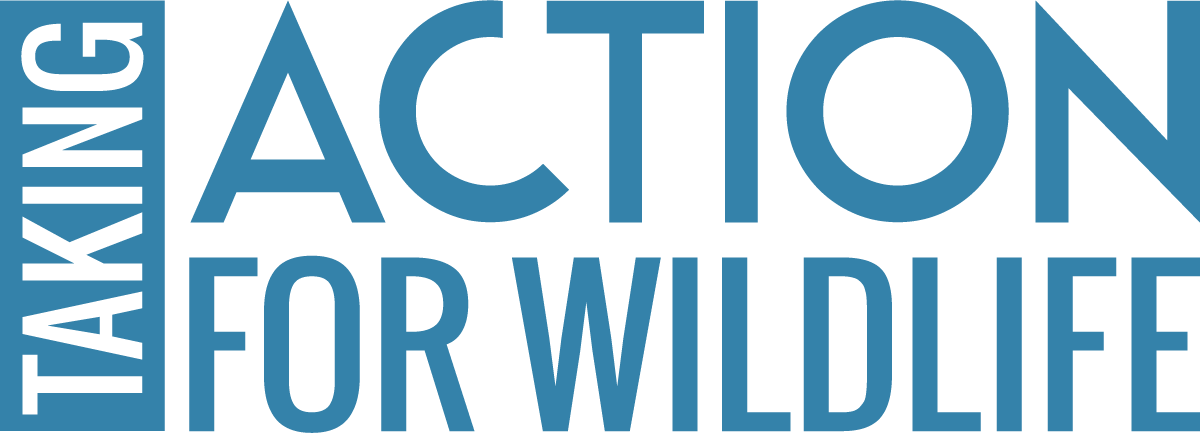In September 2021, NH Fish & Game Department and UNH Cooperative Extension put a request out to any and all New Hampshire residents – find and collect milkweed pods. For those unfamiliar with milkweed, this may have seemed like a strange request. But collecting these pods makes a big difference for monarch butterflies and other pollinators in New Hampshire.
Milkweed serves as a food source for many species of pollinators, but it is the exclusive host plant on which monarch butterflies lay their eggs and on which monarch caterpillars feed. The disappearance of milkweed across the US has contributed to an 80% decline in the eastern monarch butterfly population over the last 20 years. State and federal agencies, conservation organizations, and others are working diligently to increase the volume of milkweed on the landscape, but local sources of milkweed seed can be difficult to find and expensive. The milkweed pod collection project was one way that individuals could help contribute to this important conservation effort.
From September 15th – October 30th, over 450 individuals dropped off milkweed pods at collection locations all over the state. NH Fish & Game staff processed the pods by opening them and separating the seeds from the milkweed floss (the fluffy, white material). This was no small task, and at the end of the collection effort, 40 pounds of pure milkweed seed had been processed. This seed has a value of at least $5,000 but could be worth up to $20,000, given the premium placed on locally-sourced native seeds. “The response from people to this effort was very exciting and shows the commitment people have to wildlife in New Hampshire,” shared Heidi Holman, NH Fish & Game biologist and pollinator project leader.

Milkweed pods were deposited at collection locations all over the state and processed by NH Fish & Game staff.
The seeds were sown into ten NH Department of Transportation pollinator habitat areas that were planted with native perennials but did not include milkweed. The addition of this critical host plant for the monarch to these patches is the start of an effort to create broader conservation corridors along select highways. Transportation rights-of-way have been identified as an important potential source of monarch and pollinator habitat across the country, in regional and range wide conservation plans. Seeds were spread by hand in November before the ground froze, since they need the snow and cold temperature over the winter for successful germination in the spring. Some seed was also saved to grow transplants for pollinator habitat projects in 2022.

These new signs will be placed at the NH DOT conservation corridors managed for pollinators in 2022.
After a successful first year pilot, NH Fish & Game and UNH Extension plan to continue and expand the milkweed pod collection effort in Fall 2022. To learn more about the project when information is available, sign up to receive the Taking Action for Wildlife e-newsletter.
-- Winter 2022 Taking Action for Wildlife Newsletter



